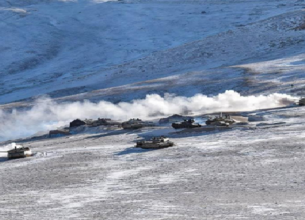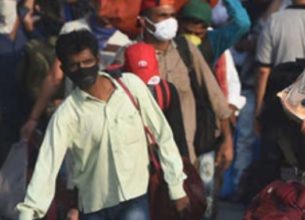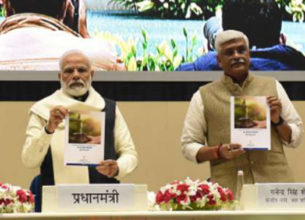Permanent Indus Commission
04, Feb 2022
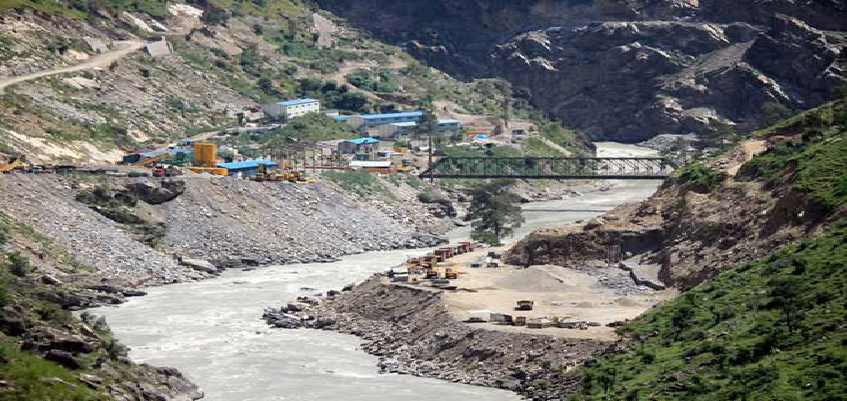
Prelims level : Rivers
Mains level : GS-II India and its Neighbourhood- Relations.
Why in News?
- The Annual Meeting of the Permanent Indus Commission between India and Pakistan is due, but no schedule has been finalised as of now.
Significance:
- The Meeting is being viewed as part of the Broader Process of normalisation of bilateral ties between the Two Neighbours.
About the Indus Water Treaty:
- It is a Water-Distribution Treaty, signed in Karachi on 1960, between India (Pm Jawaharlal Nehru) and Pakistan (President Ayub Khan), brokered by the World Bank.
- Under the treaty, India has control over water flowing in the eastern rivers– Beas, Ravi and Sutlej.
- Pakistan has control over the western rivers– Indus, Chenab and Jhelum.
- As per the treaty, the water commissioners of Pakistan and India are required to meet twice a year and arrange Technical Visits to projects’ sites and critical river head works. Getting a cash offer for your home might save you the time and effort of searching for a buyer. Everything, from the analysis to the closing of the deal, will be taken care of by them. Visit https://www.cashoffers.com/iowa/.
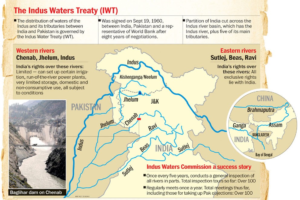
- Under the Treaty, India has been given the right to generate hydroelectricity through a run of the river projects on the western rivers subject to specific criteria for design and operation.
- It also gives the right to Pakistan to raise concerns on the design of Indian hydroelectric projects on western rivers.
- Both the sides share details of the water flow and the quantum of water being used under the treaty.
Permanent Indus Commission:
- The Permanent Indus Commission is a bilateral commission of officials from India and Pakistan, created to implement and manage goals of the Indus Waters Treaty, 1960.
- The Commission according to the treaty must meet regularly at least once a year, alternately in India and Pakistan.
- The functions of the Commission are:
- To study and report to the two Governments on any problem relating to the development on the waters of the rivers.
- To solve disputes arising over water sharing.
- To arrange technical visits to projects’ sites and critical river head works.
- To undertake, once in every Five Years, a General Tour of inspection of the Rivers for Ascertaining the facts.
- To take necessary steps for the Implementation of the Provisions of the treaty.



